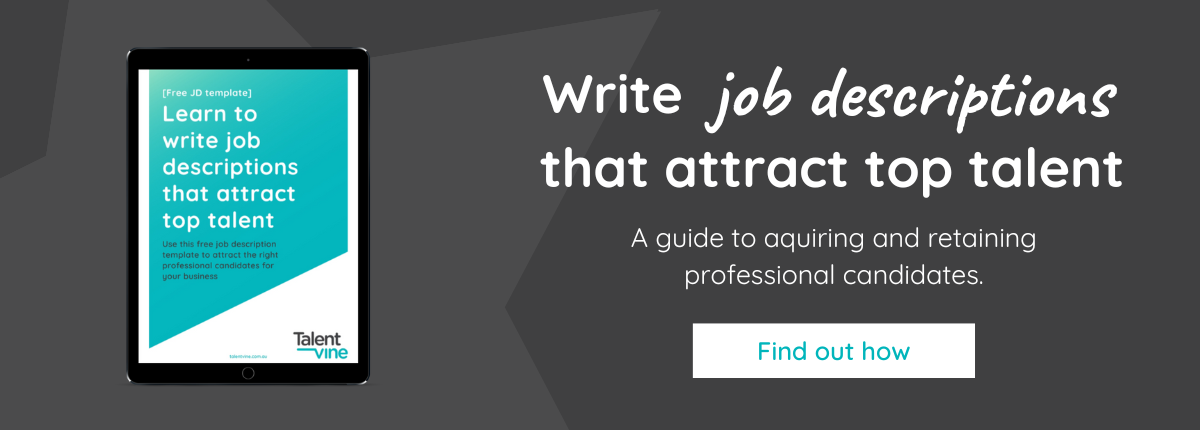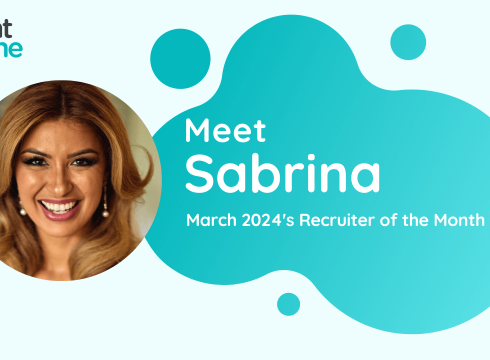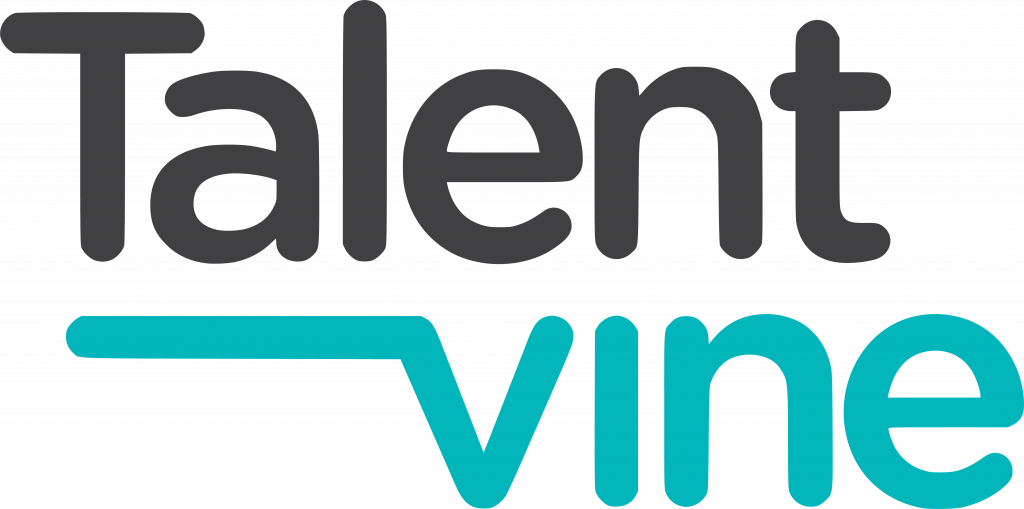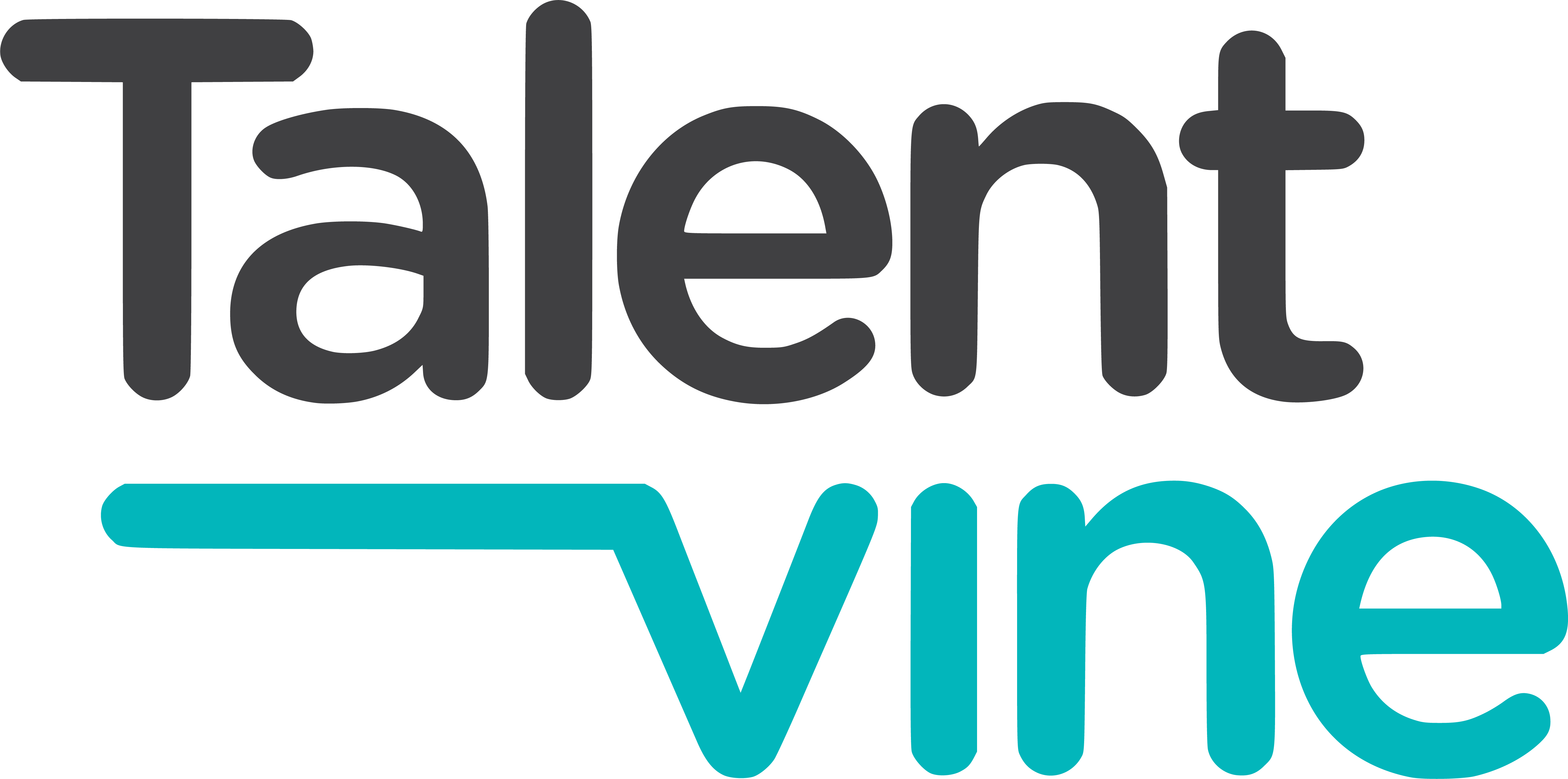No matter how hard we try, the sad truth is that everyone can be biased.
This is no different in hiring and recruitment. Managing bias in recruitment can be tough because first impressions and gut feelings count for so much in the interview process.
However, being aware of these potential biases, and implementing effective strategies to mitigate them, can help to create a fairer recruitment process.
In this blog, we’ll identify the 9 most common types of bias that we see in recruitment, and how to mitigate them.
9 Types of Bias in Recruitment
This list addresses 9 unconscious biases that commonly affect the recruitment process. By understanding each type, you’ll be able to make fairer, more informed decisions during candidate selection and hiring.
1. Affinity Bias
Unfortunately, affinity bias is a common phenomenon that can find its way into the recruitment process. The effects of this can result in unconscious racism, ageism, and other forms of unfair discrimination.
Basically, it comes down to preferring candidates who are similar to ourselves, even if it has no bearing on their ability to perform in the role. For example, a candidate who studied at the same university as the hiring manager, or supports the same sports team. These trivial things can end up affecting our judgement, leading to an exclusionary recruitment process and a less diverse team.
2. Gender Bias
Gender bias is something that has historically been ingrained in many of our cultures. These are mostly to do with gender roles and stereotypes. For instance, teaching often tends to be seen as a female job while engineering is a stereotypically male field.
The damage comes when hiring managers and recruiters may unconsciously try to find a candidate who matches these gender roles. The other potential pitfall comes when hirers have an unconscious bias towards candidates of the same gender, especially if they are found to share interests and life experiences during the interview process.
3. Beauty Bias
Despite it making no logical sense and being inherently unfair, it can be difficult not to associate someone’s physical appearance with their personality. We tend to subconsciously believe that physically attractive candidates will be more successful.
However, it’s important to remember that just because someone presents in a polished manner during the interview, this does not reflect their personality or work ethic. Likewise, just because a candidate has poor posture or an ‘unfriendly’ face does not reflect who they are as a person.
4. Confirmation Bias
Humans are pattern-recognising creatures first and foremost. Often, we look for potential links that confirm what we already believe, rather than things that disprove our opinions. This is known as confirmation bias, which can be very dangerous during the interview process.
If you’ve already formed an opinion on a candidate before the interview, you’ll tend to notice things that support this preconceived opinion, rather than things that don’t. This can lead to hiring managers, recruiters, and others in the recruitment process overlooking certain qualities, or red flags, in a candidate. It highlights the importance of keeping an open mind when speaking to candidates.
5. Conformity Bias
Conformity bias tends to influence interviews when there is more than one interviewer. When a majority of the panel, or the one with more authority, feels a certain way about a candidate you may feel pressured to agree. This can even be an unconscious bias, if you start to believe that the other interviewers must know better than you.
Either way, remember that you were selected to sit in on the interview for a reason and that your unique viewpoint is valuable. Try to make your voice heard in the interview, as you might have picked up on something the others didn’t.
6. Fundamental Attribution Bias
This bias is particularly relevant to recruitment as it affects how we assess other people. The fundamental attribution bias applies because when we do something well ourselves, we tend to believe it’s because of our skills and personality. When we do something badly, we tend to blame the surroundings such as other people or the working environment.
However, when it comes to assessing the achievements of other people, such as candidates and applicants, the reverse happens. If they do something well, we’ll tend to believe they were just lucky, while if they do something badly, we assume it’s due to their personality or bad behaviour. Being aware of and reflecting on this bias can help us to accurately assess strengths and weaknesses.
7. Contrast Effect
We compare, we contrast. The contrast effect leads us to compare two or more similar things, rather than judging each on their own merits. In the hiring process, this comes up most often when looking at CVs. It can lead to hours spent searching for a non-existent “perfect” candidate because each quality of a candidate is matched against others.
For example “This candidate has the perfect skills, but their experience is less than this other candidate,” and “This candidate has great experience and skills, but their cover letter doesn’t show much personality compared to this candidate,” and so forth.
Remember that while comparing candidates is important, it is also vital to look at each person on their own merits, as you’ll never find someone who is the best in every possible metric.
8. Halo Effect
The halo effect is our tendency to selectively focus our attention on one quality of a candidate. This one aspect can positively influence everything else we think about them. For example, you might find an applicant with exactly the skills and experience that you are looking for. However, this excellent quality may blind you to the fact that they aren’t the right culture fit, and could cause tension within the organisation.
Many recruiters and hiring managers found themselves under the halo effect, resulting in making the wrong hire. It’s important to assess candidates on the entirety of their personality and experience, and to not get overly attached to one particular quality.
9. Horns Effect
The horns effect does the opposite of the halo effect. One negative aspect of a candidate can cloud our entire perception of them, and this thing takes up all of our attention. The worst part is that it can be completely unrelated to their ability, but as simple as disliking the way they speak, or the clothing they chose to wear to the interview.
As with the halo effect, it is important to not get hung up on a single quality, assessing the candidate as a whole and ensuring you are looking at the big picture.
How to Reduce Bias In Your Recruitment Process
Reducing bias in the hiring process is crucial for creating a fair and inclusive workplace. However, there are practical steps you can take to address these biases and promote diversity and equality within your organisation.
Understanding the types of biases, which we’ve outlined above, is the first step towards combating them. Providing education and training to employees can raise awareness about unconscious biases and encourage individuals to recognise and challenge their preconceptions.
Implementing blind hiring and other inclusive hiring practices can help level the playing field by focusing solely on candidates’ qualifications and talents, rather than demographic characteristics. Recruiting platforms like TalentVine can anonymise applications for you, mitigating the influence of biases in the initial screening process, and ensuring that all candidates are evaluated based on merit.
Work sample tests are also valuable tools for assessing candidates’ skills and predicting job performance. By simulating real tasks, these tests can provide objective measures of candidates’ abilities, reducing the potential for bias in the hiring process.
Standardising interviews with structured questions can further minimise bias and ensure consistency in candidate assessment. By removing subjective judgments and focusing on relevant factors related to job performance, structured interviews help to make hiring decisions more objective and fair.
Final Thoughts
At the end of the day, it’s important to recognise and tackle biases in hiring. These biases, like preferring candidates similar to ourselves or judging based on appearance, can sneak into the recruitment process without us even realising it.
By understanding the nature of these biases, we become aware of our tendencies and can take steps to minimise their impact. Ultimately, by actively fighting recruitment bias, we create more inclusive workplaces where everyone has a fair opportunity to succeed.








